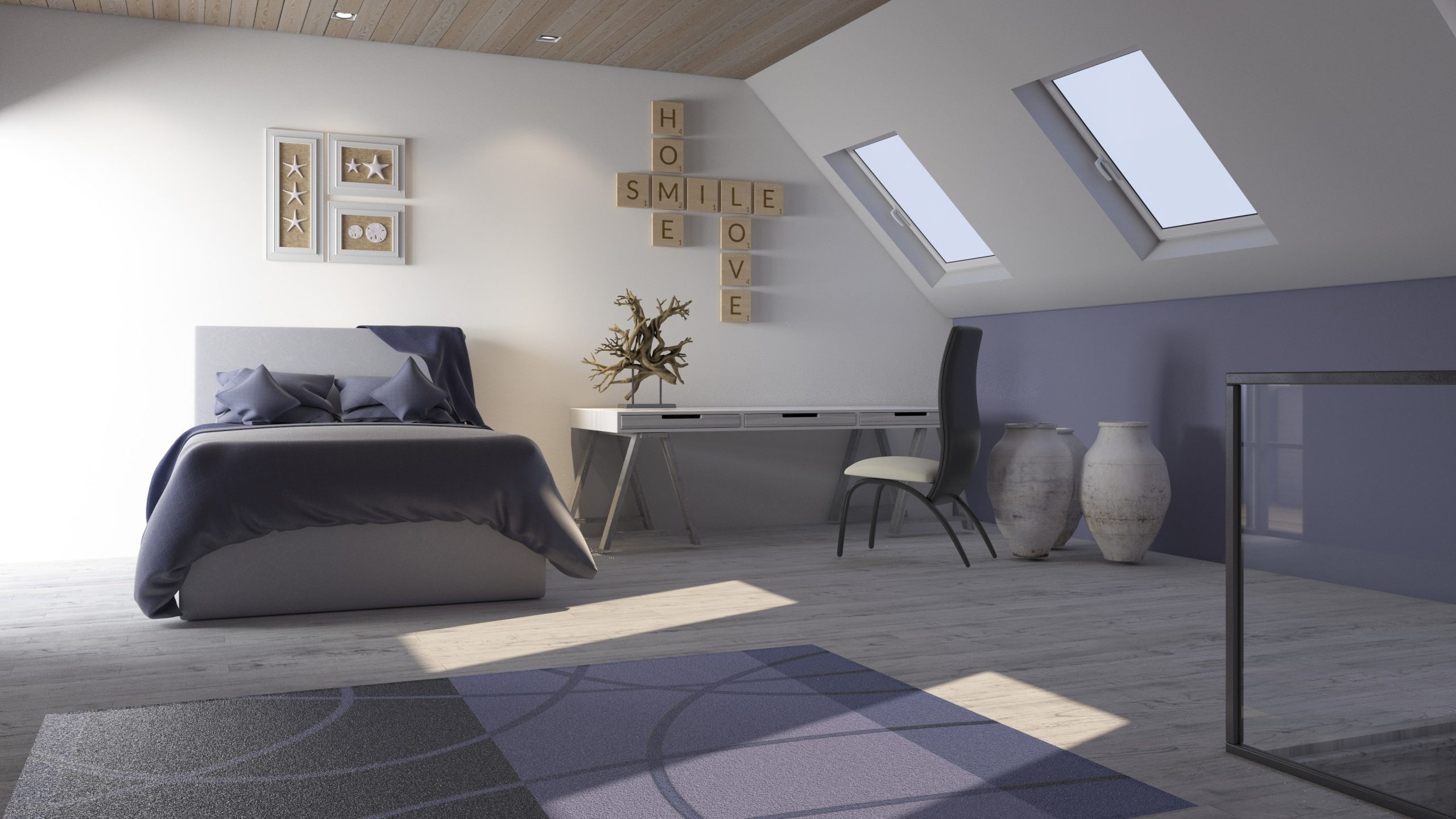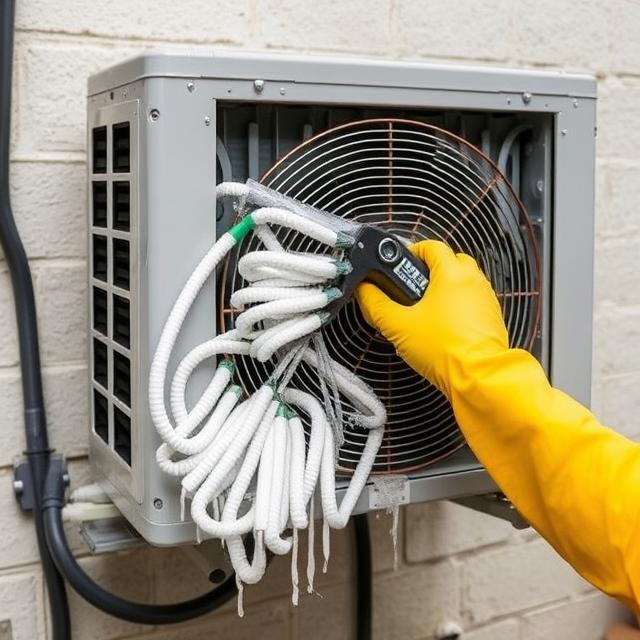In healthcare environments, silence isn’t just golden—it’s essential. A peaceful space contributes significantly to the well-being of patients, the concentration of medical staff, and the overall functionality of care settings. One of the most effective ways to achieve this is by installing high-quality soundproof windows. In this blog, we delve into how uPVC windows play a key role in creating quiet, comfortable healthcare interiors, especially when supported by proper roofing structures and professional installation.
Why Acoustic Design Matters in Healthcare
Acoustic design in healthcare settings directly affects recovery and care delivery. Noise is often a neglected source of stress and discomfort in hospitals and clinics. According to NHS guidance, excessive sound levels can hinder patient rest and increase the likelihood of errors in clinical procedures.
From intensive care units to counselling rooms, managing sound levels can improve sleep quality, reduce anxiety, and contribute to better communication. Healthcare professionals also benefit, with less background noise leading to improved concentration and performance.
Designing for silence doesn’t just improve comfort—it supports the very goal of healthcare: recovery.
Understanding Soundproof uPVC Windows
uPVC (unplasticised polyvinyl chloride) windows are increasingly chosen in healthcare facilities due to their excellent soundproofing capabilities. But what makes them so effective?
At the core of their function is a multi-chambered design, often coupled with double or triple glazing. These layers trap and block sound waves, reducing external noise from entering the building. Additionally, uPVC materials themselves are dense and provide superior insulation.
Beyond acoustic control, they’re known for:
- Resistance to moisture and bacteria
- Ease of cleaning (crucial in sterile settings)
- Strong security and energy efficiency
When chosen and installed correctly, uPVC windows Cardiff clinics or hospitals can drastically lower ambient noise without compromising ventilation or aesthetics.

Common Sources of Noise in Healthcare Facilities
To appreciate the value of soundproof windows, it’s worth identifying where disruptive noise originates:
- External sources: passing traffic, emergency sirens, nearby construction
- Internal disturbances: corridor conversations, trolleys, medical machinery, HVAC systems
- Structural transmission: vibration through windows, doors, and poorly insulated roofing
Traditional single-pane windows or ageing timber frames are simply not equipped to block this level of disturbance. Without proper acoustic shielding, these noises seep into sensitive care zones, often interfering with healing.
How uPVC Windows Improve Acoustic Control
Modern healthcare architecture now incorporates acoustic insulation as a core element—not an afterthought. High-grade uPVC windows contribute by reducing decibel levels, which is essential in patient rooms and mental health facilities.
Some key improvements include:
- Patient recovery: Peaceful environments promote uninterrupted sleep and lower cortisol levels
- Medical focus: Quiet surroundings help doctors and nurses remain alert and precise
- Privacy protection: In consultation or therapy rooms, conversations stay confidential
In combination with correct wall insulation and layout planning, these windows can significantly improve a clinic’s internal acoustics.
Integration with Roofing and Structural Elements
Soundproofing doesn’t end at the window frame. Even with the best acoustic glass, poor structural integration can allow noise leakage. That’s why the role of reliable roofing contractors Cardiff has become so important.
An insulated, tightly sealed roof system complements uPVC installations by:
- Preventing airborne noise transmission
uPVC windows create a sealed barrier that helps block external sounds like traffic or sirens. This enhances patient comfort and maintains a quieter indoor environment. - Blocking thermal bridges and echoes
The design of uPVC frames prevents heat and sound from transferring through weak spots. This reduces interior echoes and improves acoustic performance in clinical spaces. - Stabilising internal climate and sound profiles
uPVC helps regulate indoor temperatures while also reducing noise fluctuations. This creates a stable, calming atmosphere ideal for recovery and concentration.
Expert roofing teams can identify weak points—such as ventilation gaps or poorly aligned joints—that may undermine the effectiveness of new windows. For healthcare facilities, that means ensuring the entire envelope of the building supports acoustic control.
Sustainability and Maintenance Benefits
Besides promoting peace and quiet, uPVC windows offer major environmental and maintenance advantages—factors crucial for busy healthcare facilities.
- Thermal insulation: Reduces reliance on heating systems, lowering energy bills
- Long-lasting: Resistant to weathering and decay, ensuring years of service
- Low maintenance: A simple wipe keeps frames and panes looking clean and sterile
- Recyclable: Today’s uPVC materials meet stricter eco-friendly standards
Especially in high-traffic environments like outpatient departments, these features translate to long-term cost savings and operational efficiency.

Choosing the Right uPVC Windows for Your Facility
Selecting the right windows isn’t simply a matter of style. Acoustic effectiveness depends on a variety of technical specifications:
- Frame design: Multi-chambered frames offer better sound and heat insulation
- Glazing: Choose double or triple glazing depending on surrounding noise levels
- Seal integrity: Properly sealed edges prevent sound and air leaks
- Ventilation options: Trickle vents should be designed to minimise noise passage
To ensure peak performance, always work with experienced providers of uPVC windows in Cardiff. Fitting these windows incorrectly can nullify their benefits, especially in healthcare zones where precision matters.
Final Thoughts on Design for Calm and Care
When designing for wellbeing, silence is more than a luxury—it’s a requirement. Installing uPVC soundproof windows improves the environment not just for patients, but for caregivers and administrators alike.
When supported by high-performance roofing, soundproof glazing forms a robust defence against external and internal noise pollution. This synergy allows healthcare spaces to remain focused, relaxing, and safe. Engaging seasoned roofing contractors in Cardiff ensures that your investment in window soundproofing is fully optimised.
Ultimately, creating a quiet healthcare space is about aligning smart materials, expert installation, and thoughtful planning to foster healing and comfort in every corner.
Conclusion
To truly support patient health and staff productivity, acoustic control must be prioritised from the outset. By integrating premium uPVC windows in Cardiff facilities and combining them with the expertise of trusted roofing contractors in Cardiff, healthcare spaces can become sanctuaries of peace and professionalism.
For tailored window and roofing solutions that support your healthcare design goals, consult the team at AO Builders Cardiff—where quiet design meets quality craftsmanship.



